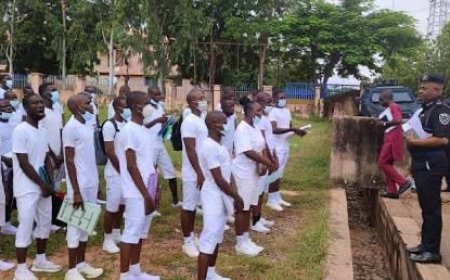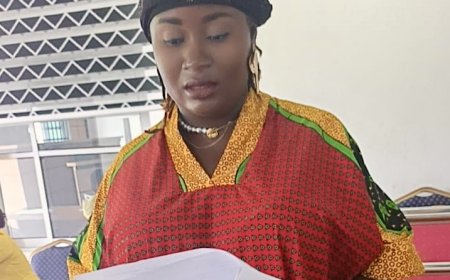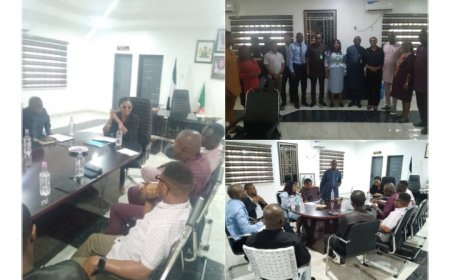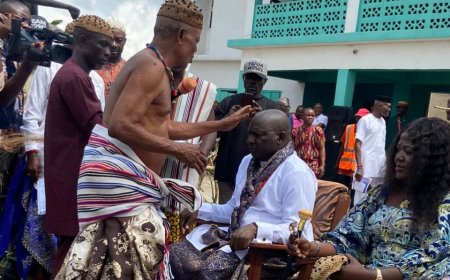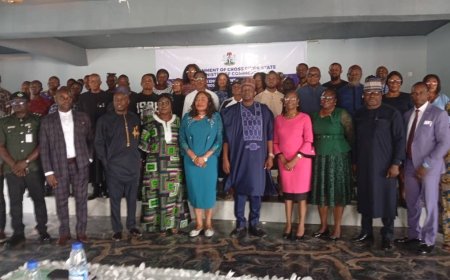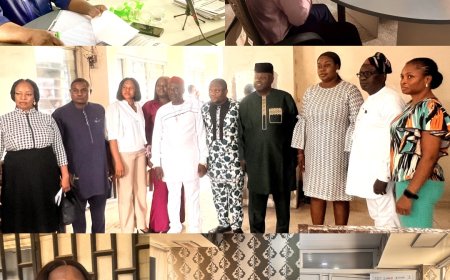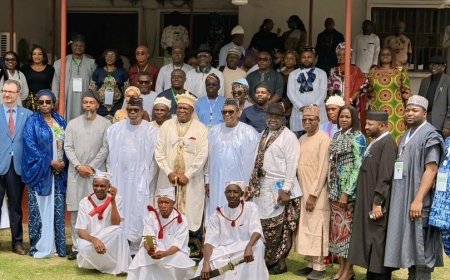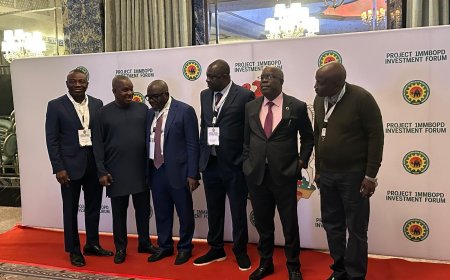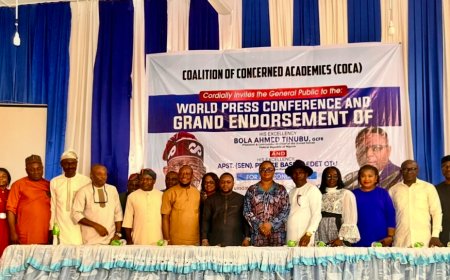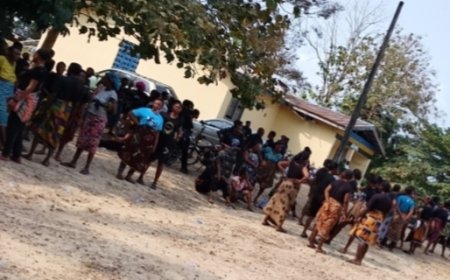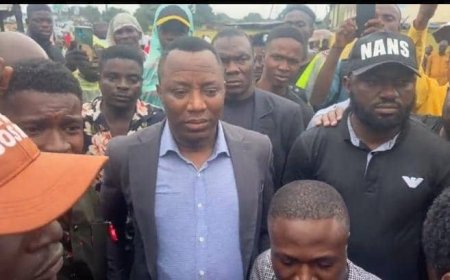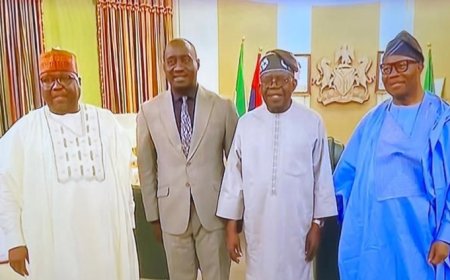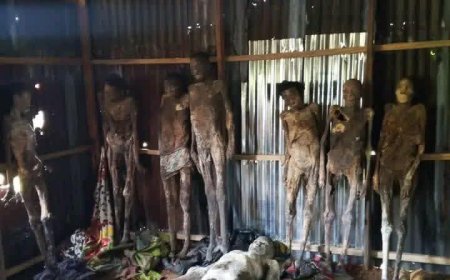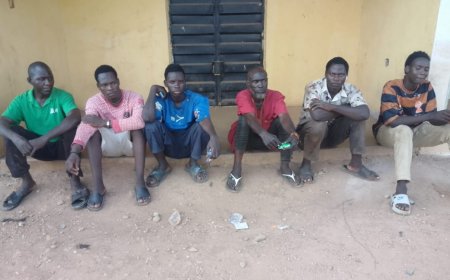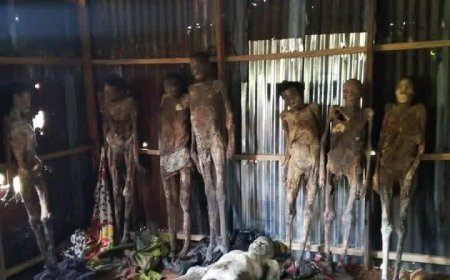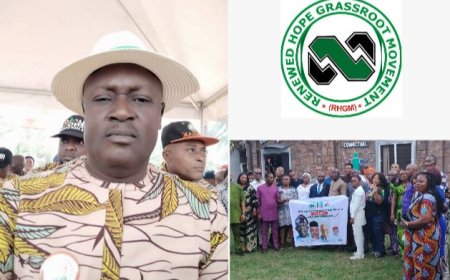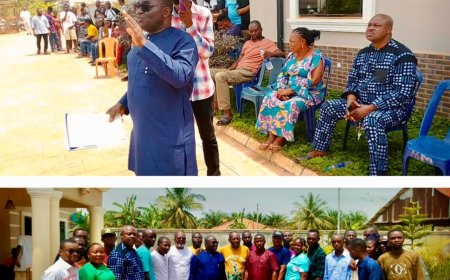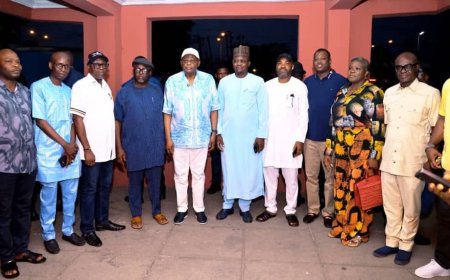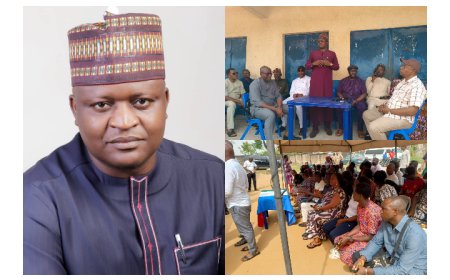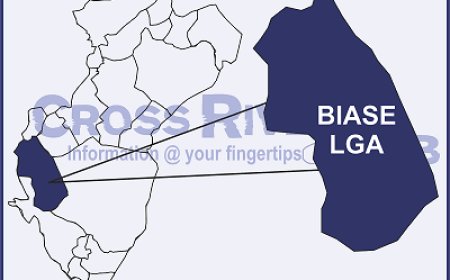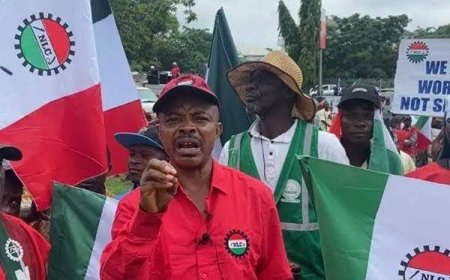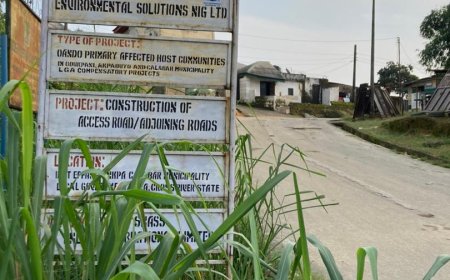FORGING THE FUTURE: HOW APPRENTICESHIP CAN REBUILD CROSS RIVER’S ECONOMY
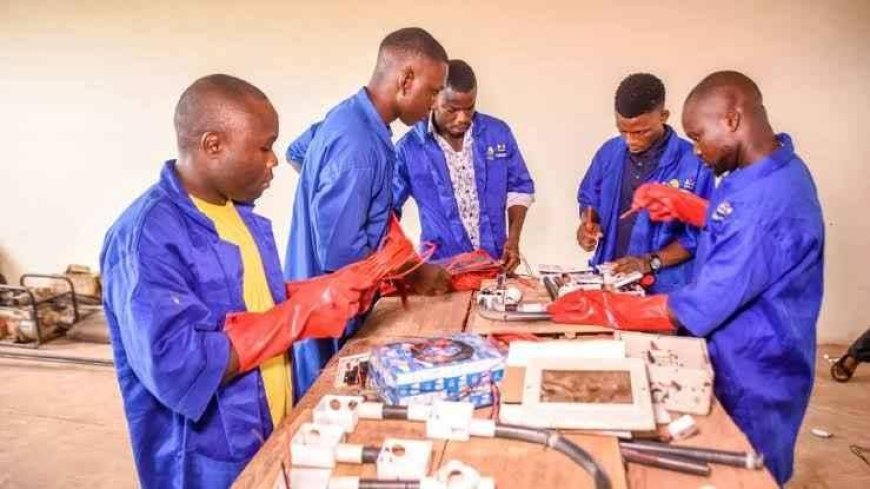
Anthony EKPO BASSEY
From auto-mechanics in Ikom to fashion designers in Calabar South, from carpenters in Ugep to bakers in Ogoja, Cross River is teeming with informal sector potentials. According to development economists, the informal sector can contribute up to 60% of employment in emerging economies. Yet, the skills needed to thrive in this sector are neither taught in classrooms nor certified by degrees. They are passed from hand to hand, from master to apprentice, often under the radar and without institutional backing.
Herein lies the opportunity: a strategic apprenticeship programme, bankrolled and co-ordinated by the government, can act as an economic flywheel, a self-reinforcing cycle that spins prosperity. With the right structure, such a programme would be a triple-pronged intervention: an anti-poverty tool, a crime-reduction strategy, and a long-term investment in local enterprise development.
How should this work? First, map the trades, conduct a skills-gap analysis to determine which vocational and artisanal trades are mostly in demand across the state and beyond. Focus on sectors where there is clear local comparative advantage or unmet demand: solar installation, phone repairs, welding, tiling, fashion design, baking, fish farming, digital printing, and even traditional crafts like wood carving and fabric dyeing. Let data, not politics, inform these choices.
Next, identify willing and capable artisans and businesses who can take on apprentices and train them in a structured manner. These mentors must be incentivized through stipends, tax relief, or recognition, so that quality training becomes a win-win.
Third, select indigent but willing youths who, without such support, may fall into lives of crime or economic dependency. These apprentices should receive not only placement, but monthly stipends to sustain them during training. After all, a hungry apprentice cannot focus, and poverty does not make for patient learning.
Also, post-apprenticeship support is key. What is the use of training a tailor who cannot afford a sewing machine, or a baker who cannot rent an oven? The state must consider offering soft loans, grants, or starter packs, perhaps, through cooperative societies or microfinance frameworks, to help these new tradesmen set up shop and begin their entrepreneurial journeys. Give a man a fish, he eats for a day; teach him to fish, he eats for life. But give him a net and a boat, and he feeds a village.
The economic multipliers are profound. When a trained welder in Yakurr opens his own workshop, he does not only earn money, he creates jobs. When a trained baker in Ogoja sets up a micro-bakery, she reduces dependence on imports and adds value to local produce. Every new trade is a new node in the state’s economic network. It is bottom-up development with top-down coordination.
Moreover, this kind of initiative gives young people skin in the game. Rather than viewing the government as a distant benefactor, they begin to see themselves as stakeholders in the local economy. That shift from dependency to dignity, is the very foundation of inclusive growth.
Yes, the state faces budgetary constraints. But what is the cost of inaction? How much is lost every year to crime, insecurity, and youth unrest? How much potential lies dormant in the ghettos and villages, just waiting to be unlocked? Capital may be scarce, but vision is free. And where vision leads, investment often follows.
The federal government can be lobbied for counterpart funding. Development partners and NGOs would eagerly plug into a well-structured vocational scheme. The private sector, always in search of a more employable workforce, could be brought in through Corporate Social Responsibility programmes. Even the diaspora, if engaged properly, could play a critical funding or mentorship role.
In economics, they say “the invisible hand” of the market solves many things. But in times like these, what Cross River needs is not merely an invisible hand, but a visible commitment, translated into a clear, intentional effort to turn youth energy into economic productivity.
Let it not be said that we watched our future waste away when we could have forged it with our own hands. The tools are ready. The youths are waiting. The time to act is now.

